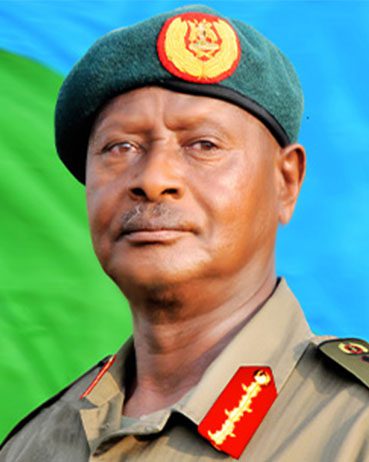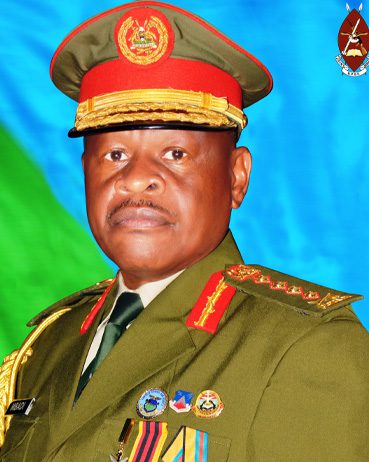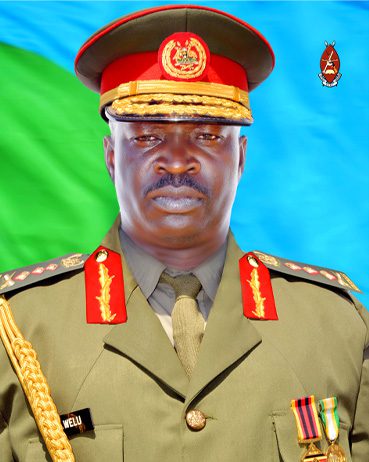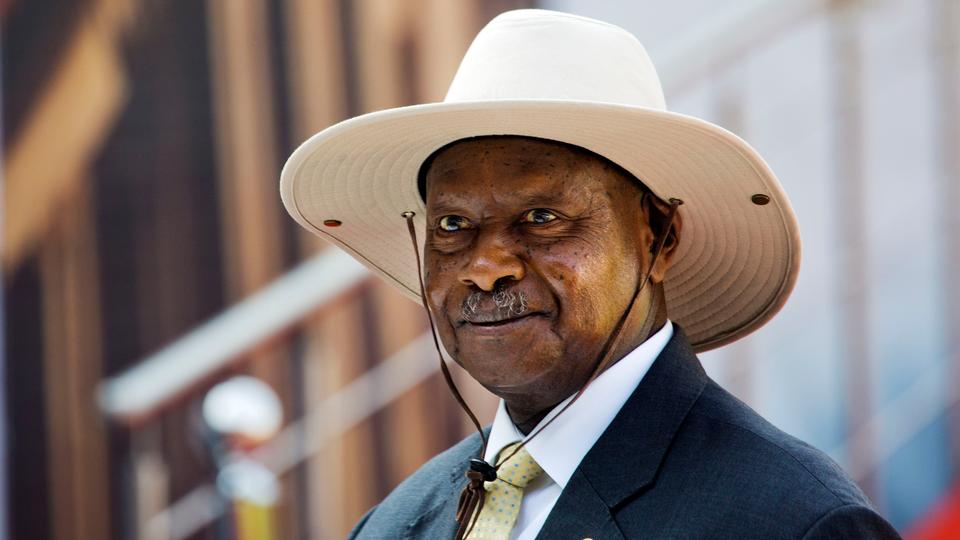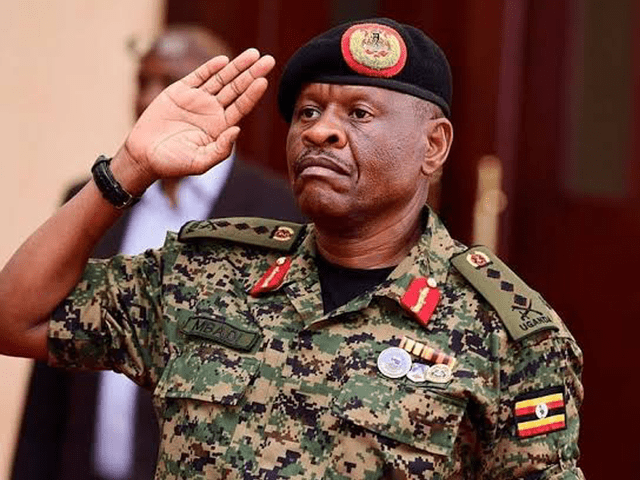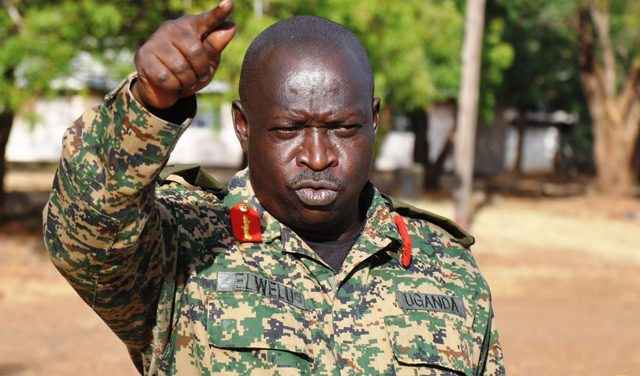Overview
Our Mission
To defend and protect the sovereignty and territorial integrity of Uganda, and the Constitution that encapsulates people’s sovereignty through popular will.
Our Vision
Transform the Uganda People’s Defence Forces (UPDF) into a modern , professional, efficient and accountable Force anchored on a strong civil-military partnership
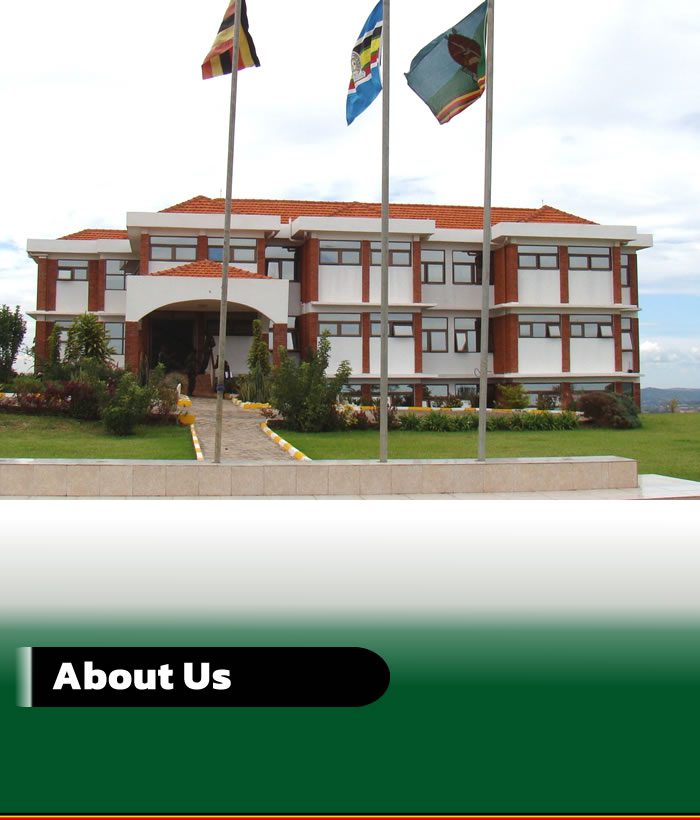
- Objectives
- Core UPDF Missions
- Defend and protect the sovereignty and territorial integrity of Uganda, ensuring non-violability of peoples and individual rights, the rule of law and good governance.
- Build adequate and credible defence capacity to address external threats and in the medium term assist in maintaining internal security.
- Create a productive and self-sustaining force.
- Ensure adherence to and furtherance of international obligations.
- Ensure continuation and strengthening of the Defence forces that has respect for Human Rights.
- Create military alliances to enhance regional security and stability.
- Maintain national cohesion.
- Promote co-operation with the East African countries, which share common political, economic, social and cultural values, and interests..
- Support regional and continental integration through the East African Community and African Union
The core missions for Uganda Peoples’ Defence Forces as outlined in the Uganda Defence Policy, 2003 are;
- Ensuring the defence of the Country and the Constitution of Uganda that encapsulates the peoples’ sovereignty through popular will. The UPDF will defend Uganda against all aggressions and will ensure that Constitutional order and rule of Law is maintained.
- Assisting with Peacetime Security. Support to Uganda Police Force and other security actors against all manifolds of insecurity including civil unrest, internal insurgency and terrorism.
- Contributing to Regional Stability. Outside Uganda, the greatest risks to our national economic and political interests lie in potential instability in the Eastern and Horn of Africa as well as the Great Lakes regions. UPDF will continue to collaborate with other regional forces to maintain regional stability and avoid spill-over to Uganda.
- Provision of Support to the Civil Authorities. The Uganda Peoples’ Defence Forces, as a nationally organized force, is often best placed to provide support to the civil community at times of civil emergency.
- Conducting Defence Diplomacy. The growth of further ties within the region, principally with members of the East African Community (EAC) and the African Union (AU) is encouraged as a means of promoting broader understanding between the Defence Forces. Although it is envisaged that with time there will be a higher degree of military integration, joint military exercises, joint training and exchange of military observers.
- Support to International Obligation. The Uganda Peoples’ Defence Forces must be prepared to deploy in support of international peace operations in furtherance of the wider foreign policy and national interests.
UPDF Mandate
To preserve and defend the sovereignty and territorial integrity of Uganda.
Uganda Peoples’ Defence Forces was so named in the 1995 Constitution of the Republic of Uganda. It was initially called the National Resistance Army which was the Force that fought the February 6, 1981 to January 26, 1986 Liberation war that saw the final overthrow of dictatorship in Uganda. NRA picked up the struggle from earlier Liberation struggles of the 1970’s against oppressive and anti People Governments in Uganda.
Right from the immediate post-colonial era, the state was by nature and characters an oppressive one. At independence, the same army recruited, trained and left behind by the colonialists just changed the name from King’s African Rifle (KAR) to first Uganda Rifles (UR) and then Uganda Army (UA). KAR’s main function was to repress and suppress any opposition to the British rule. The senior non commissioned officers in KAR, like Idi Amin, who had been promoted on account of their brutality against the MAU MAU freedom fighters, became officers in the UA. It would be excessive naivety to expect the rule of terror to have changed by a mere change of guards.

